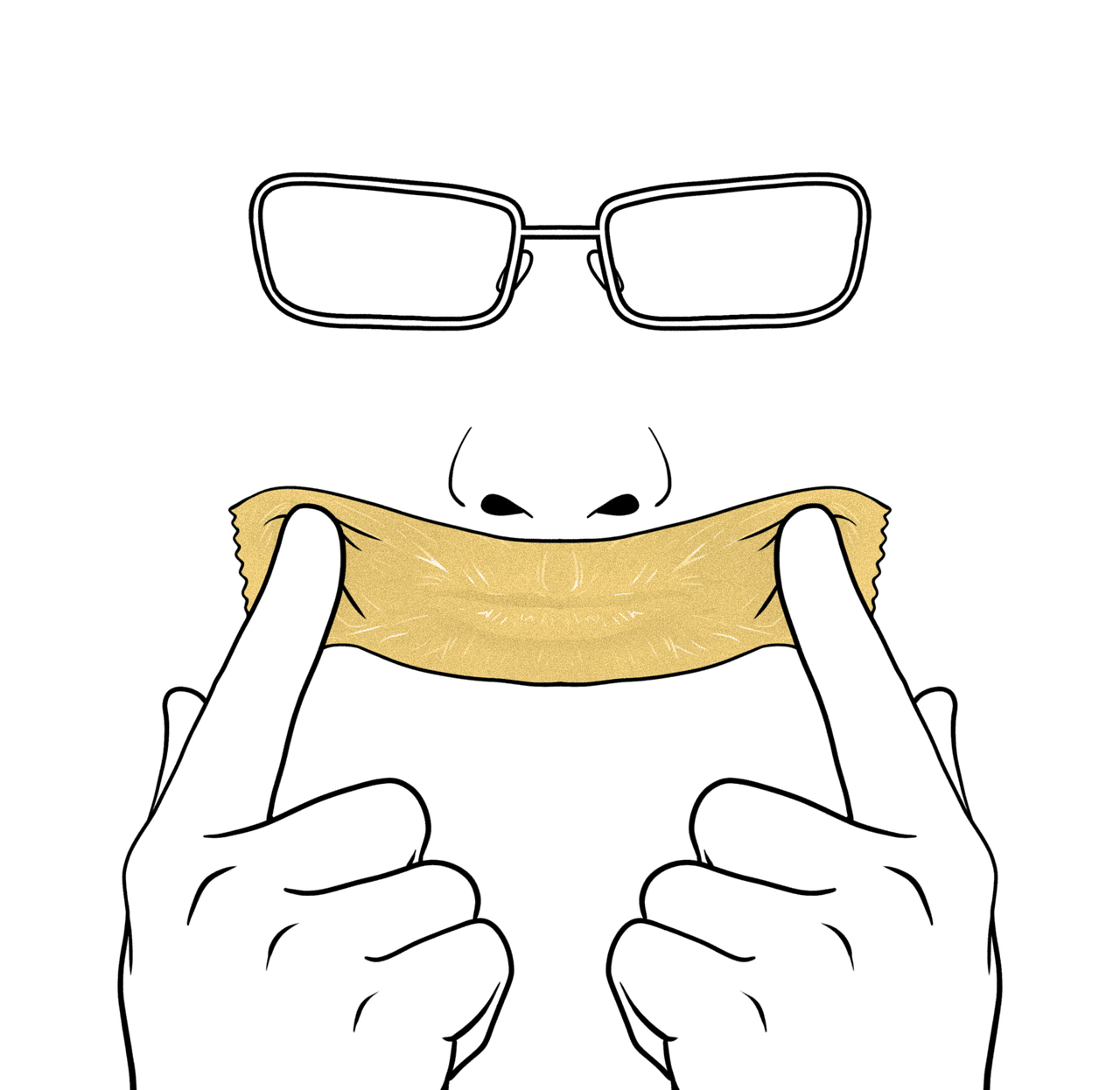
Stuttering involves the inability to read or speak fluently.
Stuttering is the condition of the person who stutters . The verb stutter , for its part, refers to the impossibility of reading or speaking fluently due to the repetition of syllables and a pronunciation that is frequently interrupted .
Stuttering, therefore, is a disorder that affects an individual's ability to communicate. It is important to highlight that interruptions and repetitions are not voluntary , but rather have their origin in different organic, social and psychological causes. Stuttering, in turn, influences the subject's personality. Other names that are often used synonymously with stuttering are dysphemia, speech disfluency or spasmophemia.
Experts say that stuttering can stigmatize a person. The stutterer suffers ridicule and disparagement of his intellectual and emotional qualities, causing him to become withdrawn and even depressed.
Origin of stuttering
Nervousness and anxiety do not lead to the development of stuttering, but stuttering can cause both sensations. Specialists have detected genetic factors that imply a greater predisposition for the onset of stuttering. When these factors are combined with other issues classified as environmental (education, socialization, etc.), stuttering finally occurs.
From a neurophysiological point of view, stuttering is characterized by a deficiency in the functioning of the left hemisphere of the brain , more precisely the speech centers present there, and by seeking to compensate for this through unusual use of the right hemisphere . Regarding the causes of this disorder, there is no single position, but rather there is a series of statistical data that helps to define them; For example, it is known to appear much more frequently in men than in women .
On the other hand, studies of stuttering focused on genetics have revealed that if one of two monozygotic twins has stuttering, there is a 77% chance that the other will also suffer from it; In the case of dizygotic siblings, the risk drops to 32%. From parents to children there is also a probability of inheriting dysphemia, and the range goes from 30% to 40%.

Due to the stigmatization of stuttering, those who suffer from the disorder often become withdrawn.
Possible explanations
One of the myths related to stuttering states that laterality disorders can increase the chances of suffering from it, although this has not been proven. Laterality, for its part, is the way in which the brain organizes stimuli and encodes them sequentially and directionally, and includes the preference of one hand over the other; Laterality disorders are various and can affect a person's development, preventing them from reading and writing clearly, among many other complications.
Another explanation that some specialists offer for the appearance of stuttering is linked to high intelligence , since they assure that the person who stutters thinks faster than they can express themselves through words.
This reason is not entirely correct, but rather it is preferred to present it as an imbalance between linguospecular thinking and sensory-actor thinking . The first takes place when we take a meaning and link it to the written word used for its representation, while the second consists of the association to an image. Therefore, if the subject bases his intelligence strongly on sensory-actor thinking to the detriment of linguospecular thinking, it is likely that he will not be able to adequately articulate language .
Stuttering treatment
The treatment of stuttering encompasses different elements. One should try to ensure that the stutterer does not become frustrated by difficulties or become anxious: for this, psychological therapy can be very useful.
A speech therapist , for his part, should suggest different types of exercises, including practicing different breathing techniques. The purpose is that the treatment gradually allows the person to acquire better skills to express themselves fluently.
